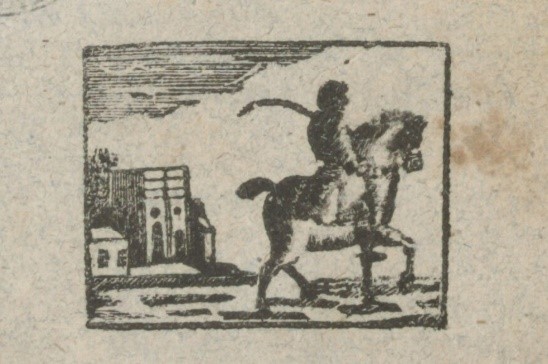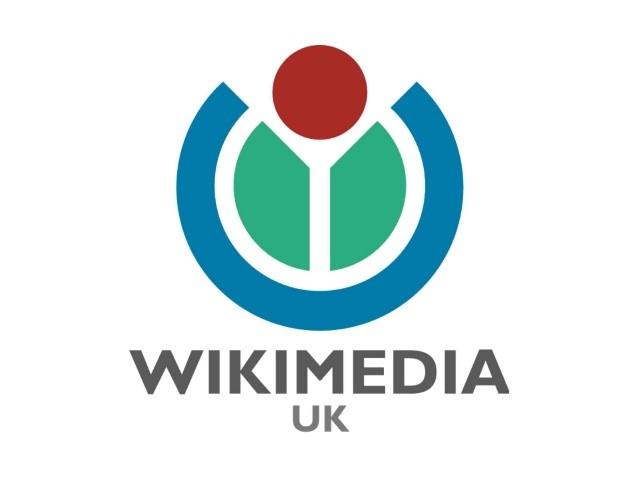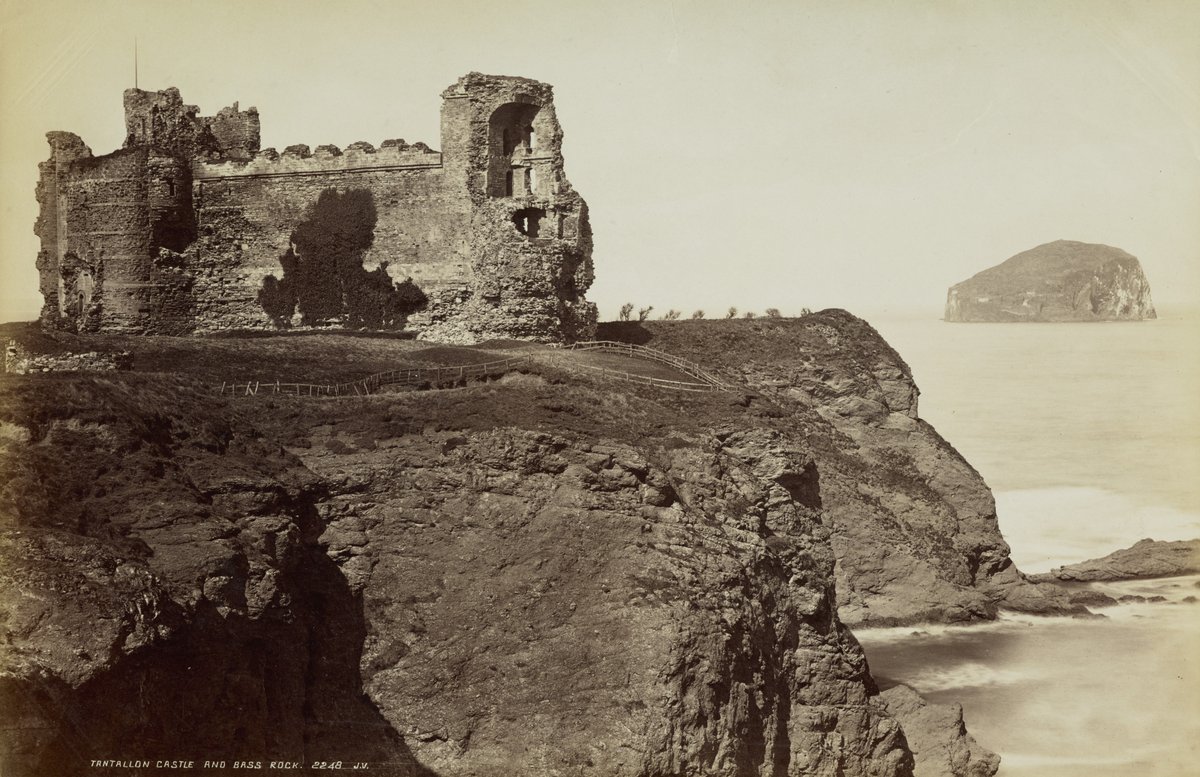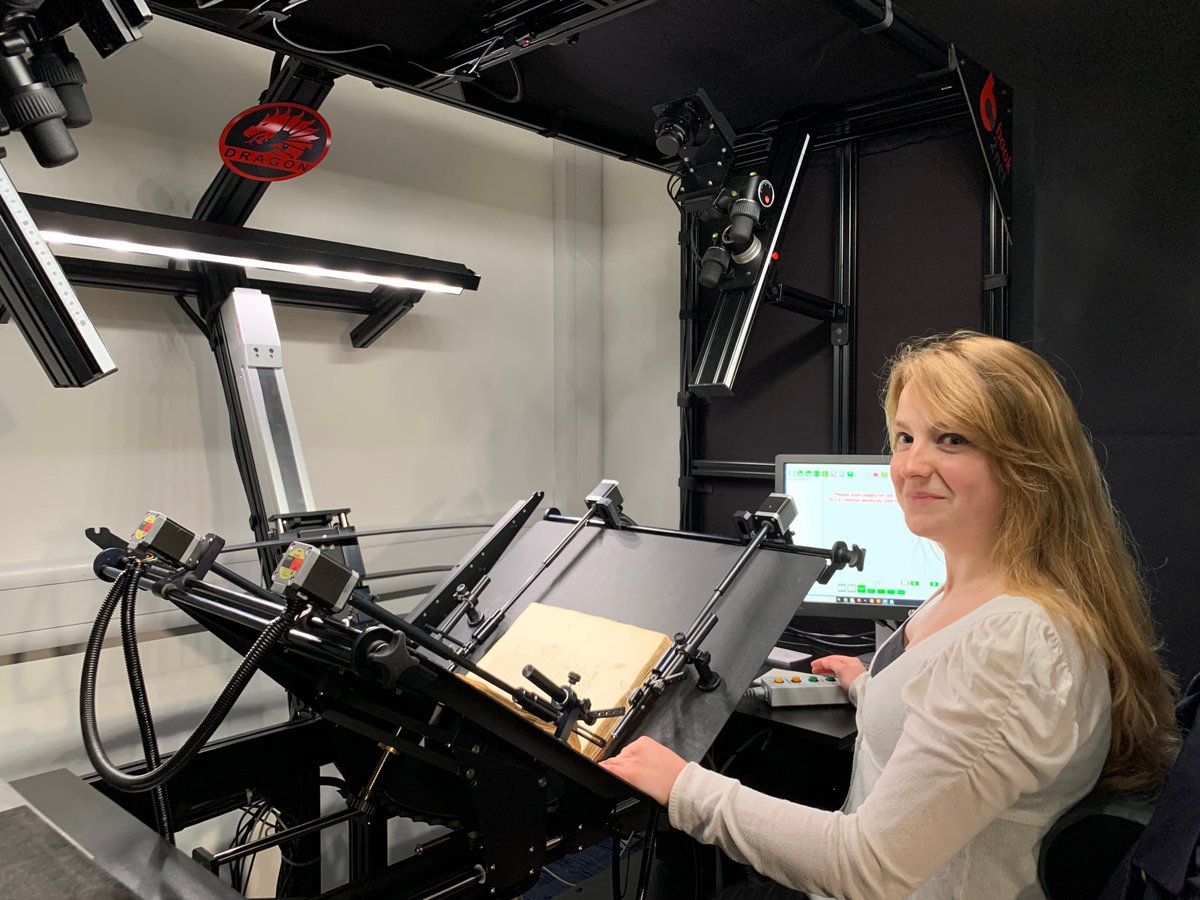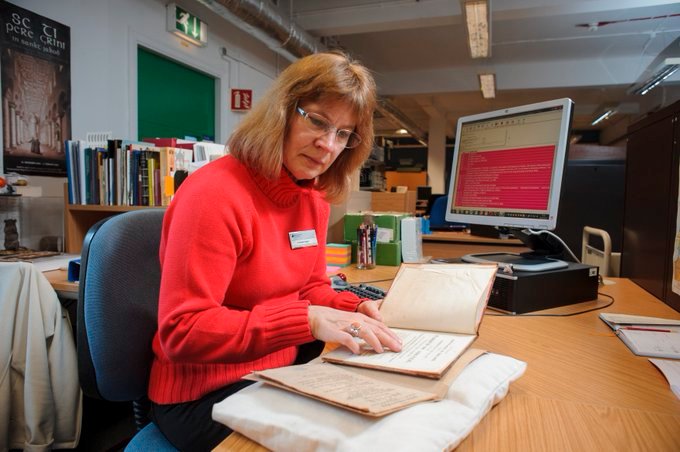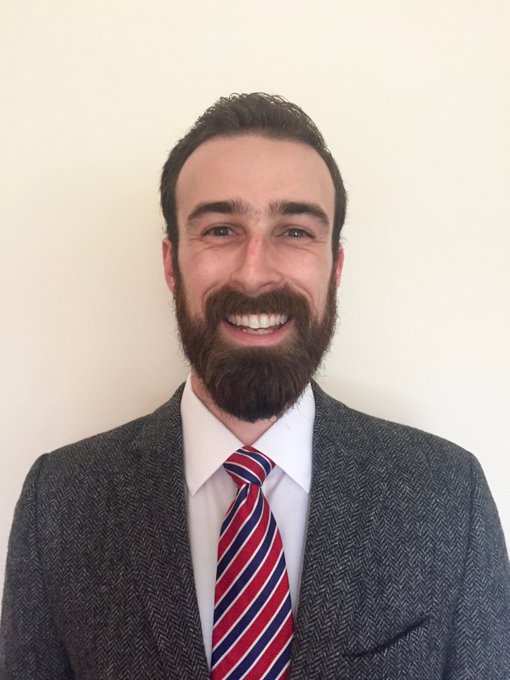
Friends, we’re *delighted* to tell you that we’ve secured a rather special manuscript for the nation.
1/12
#FortingallManuscript
1/12
#FortingallManuscript

Scribes compiled this manuscript between 1554 and 1579 at the village of Fortingall in Highland Perthshire.
It contains contemporary annals, poetry and other short texts in Latin, Scots and Gaelic.
3/12



It contains contemporary annals, poetry and other short texts in Latin, Scots and Gaelic.
3/12




Fun aside: the village of Fortingall is also home to an ancient Yew tree (pictured) - one of the oldest trees in Britain > en.wikipedia.org/wiki/Fortingal…
4/12
Image by Paul Hermans on Wikipedia CC BY-SA 3.0
4/12
Image by Paul Hermans on Wikipedia CC BY-SA 3.0

Back to the Fortingall manuscript. The scribes who compiled it belonged to the MacGregor family, who also compiled the slightly earlier Book of the Dean of Lismore.
5/12
5/12
The Book of the Dean of Lismore (pictured) is the earliest surviving collection of Gaelic poetry compiled in Scotland.
It’s in our collections and is one of our greatest treasures.
View it online > digital.nls.uk/gaelic-manuscr…
6/12
It’s in our collections and is one of our greatest treasures.
View it online > digital.nls.uk/gaelic-manuscr…
6/12

Fascinatingly, scholarly research shows us that the Book of the Dean of Lismore and the Fortingall Manuscript were almost certainly compiled by members of the same family.
7/12
7/12
As Manuscripts Curator Dr Ulrike Hogg says “the two manuscripts are so closely connected that it’s difficult to describe one without reference to the other. It’s a great privilege for us to be able to bring them together again after their compilation some 450 years ago.”
8/12
8/12

The Gaelic contents of the Chronicle of Fortingall make a significant addition to our Scottish Gaelic manuscripts collection, which is the largest such collection in the world.
More about our Gaelic manuscripts > nls.uk/collections/ma…
9/12
More about our Gaelic manuscripts > nls.uk/collections/ma…
9/12
Dr Martin MacGregor @UofGlasgow: the manuscript “provides insight into public life in the Highlands in the later Middle Ages… and has great linguistic importance as it embodies the interplay of Latin, Scots and Gaelic as written languages in then Gaelic-speaking Scotland”
10/12
10/12
The Chronicle of Fortingall acquisition was made possible with generous support from the Friends of the National Libraries, the Magnus and Janet Soutar Trust, the B H Breslauer Foundation Fund and the Leckie Family Charitable Trust.
11/12
11/12
Thanks for reading!
12/12
12/12
• • •
Missing some Tweet in this thread? You can try to
force a refresh




